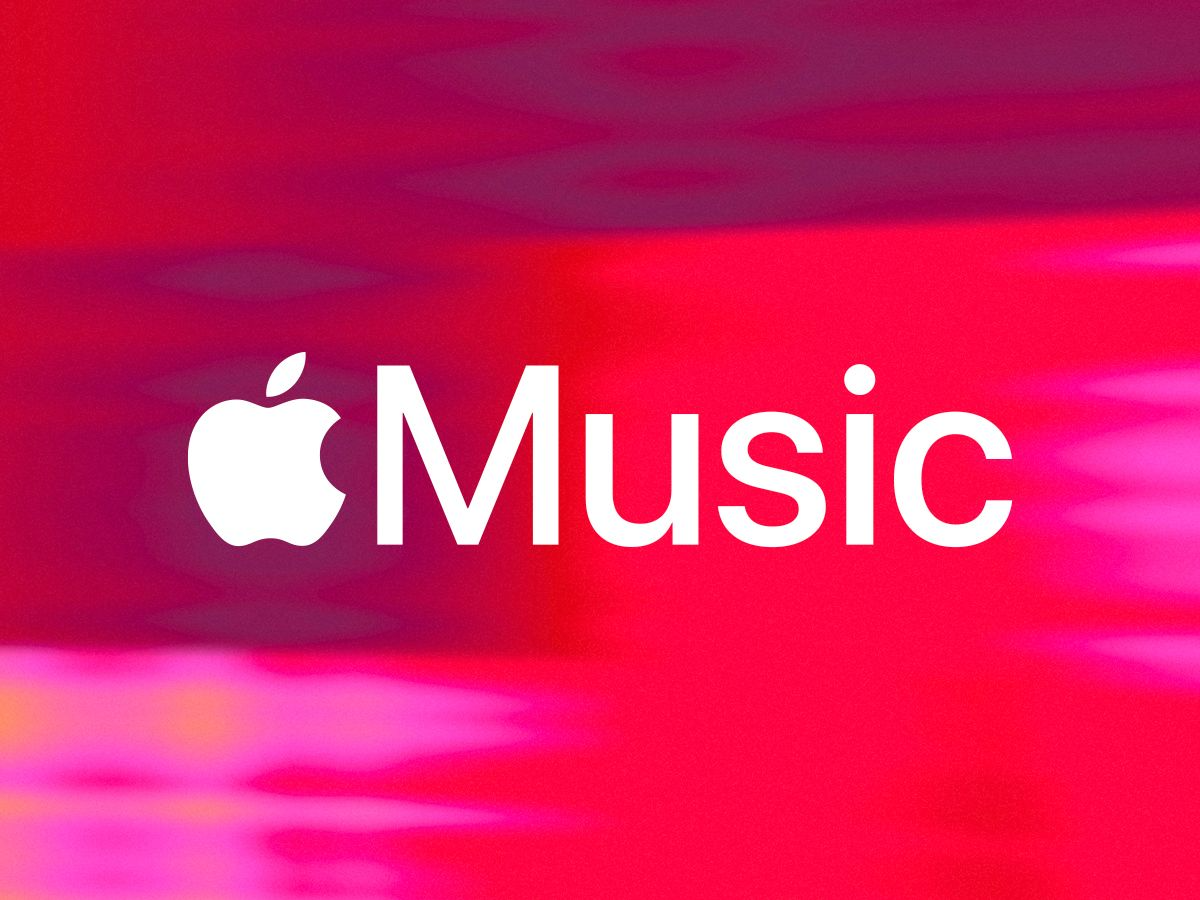Music streaming has revolutionized the way people consume music, offering instant access to vast libraries of songs across the globe. While some platforms dominate internationally, others cater specifically to regional tastes and preferences. The battle for supremacy in music streaming is influenced by factors like licensing agreements, cultural influences, and user preferences.
Understanding which music streaming services are most popular in different countries can provide insight into global and local music consumption trends. Let’s explore the top music streaming platforms in major regions, analyzing why they resonate with their respective audiences. Whether you’re an artist looking to expand your reach or a music lover curious about worldwide trends, this breakdown will help you navigate the ever-evolving digital music consumption.
1. Spotify – The Global Giant
Spotify is undoubtedly the leader in the global music streaming industry, with a strong presence in North America, Europe, and parts of Asia and Latin America. Launched in Sweden in 2008, Spotify has grown into a household name, boasting over 600 million monthly active users.
Why It’s Popular:
- Extensive music library with over 100 million songs
- Personalized recommendations via AI-driven playlists
- Free and premium subscription models to suit different user preferences
- Strong partnerships with artists and podcasters
In countries like the United States, the United Kingdom, Germany, and Sweden, Spotify continues to dominate, thanks to its seamless user experience, collaborative playlists, and vast music catalog. The introduction of lossless audio and interactive podcast features has further strengthened its appeal.
2. Apple Music – The Premium Choice
Apple Music is another dominant player, particularly strong in the United States, Canada, Australia, and Japan. Unlike Spotify, Apple Music does not offer a free tier, which positions it as a premium alternative focused on high-quality streaming.
Why It’s Popular:
- Seamless integration with Apple devices and ecosystem
- Exclusive artist releases and curated radio stations
- High-fidelity lossless audio and spatial sound options
- Human-curated playlists for a personalized experience
Apple Music’s close association with Apple devices means iPhone, iPad, and Mac users often prefer this platform over competitors. Its commitment to artist exclusivity and high-definition audio has attracted audiophiles who value sound quality over free-tier convenience.

3. YouTube Music – The Visual & Audio Hybrid
YouTube Music is the preferred choice in regions where video-based music consumption is prevalent, including India, Mexico, and Southeast Asia. With a massive user base transitioning from the traditional YouTube platform, YouTube Music offers both video and audio streaming.
Why It’s Popular:
- Access to official music videos, live performances, and covers
- AI-powered recommendations based on user history
- Seamless transition between audio and video modes
- The strong appeal in emerging markets with affordable pricing plans
In countries where music videos dominate streaming habits, such as India and the Philippines, YouTube Music provides an ideal bridge between traditional video consumption and dedicated music streaming. Its integration with Google services also enhances user accessibility and searchability.

4. Tencent Music (QQ Music, Kugou, and Kuwo) – China’s Streaming Empire
China has its own dominant streaming ecosystem, led by Tencent Music Entertainment, which operates QQ Music, Kugou, and Kuwo. With stringent regulations on international music platforms, Tencent Music controls the largest share of the Chinese market.
Why It’s Popular:
- Exclusive rights to many international and domestic songs
- Integration with WeChat and other Tencent apps
- Karaoke and social features enhance user engagement
- Subscription tiers tailored to local user spending habits
Unlike Western markets where Spotify and Apple Music dominate, China’s unique digital terrain favors homegrown platforms. The integration of social and interactive features makes Tencent’s services more engaging, creating a community-driven streaming experience.


